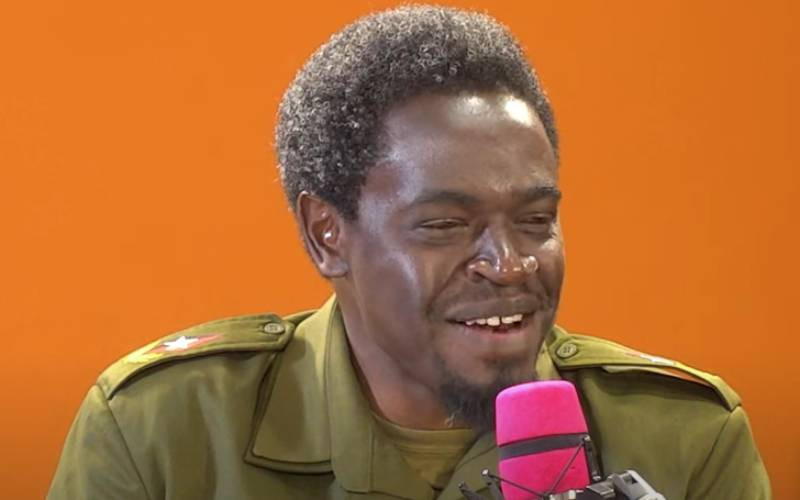 |
|
Former Vice President Josephat Njuguna Karanja. He served for 13 months. [PHOTO: FILE/STANDARD] |
By KENNETH KWAMA
At the height of his political activism, former Limuru MP Kuria Kanyingi was very philanthropic. He gave money away with such alacrity that many wondered about the source of his wealth.
Kanyingi joined politics after exiting the Motor Vehicle Inspection Unit. It was rumoured that he had been recruited to politics as a special vehicle to engineer a smear and ouster campaign against former Vice-President Josephat Njuguna Karanja.
Kanyingi came into the limelight and quickly carved a niche for himself among politicians who brought lots of cash to fund-raising events. He rarely contributed less than Sh1 million at a time when such large sums of money were rarely seen.
On June 5, 2006, he contributed Sh2 million at a fund raising event at St Monica Catholic Church, Karanjee village, in his constituency at the time – Limuru. Just six months earlier, he had broken a record of sorts when he donated Sh4 million towards another church project.
The diminutive Kiambu politician is said to have wormed his way into the heart of power through wit. Former President Daniel arap Moi liked him because he had a way with words and could deliver rib-cracking jokes that often left Moi in stitches.
The plot
But Kanyingi was also the draftsman, if not the actual architect, of Dr Karanja’s woes. Kanyingi accused Karanja of acting “like a small god in heaven, demanding that politicians kneel before him and claiming he was both acting (when Moi was away) and president-in-waiting of Kenya”.
The allegations grabbed the national psyche for their weighty nature, and were fomented when, on April 25, 1989, former Embakasi MP David Mwenje attacked Karanja on the floor of Parliament.
Mwenje rose under a standing order and told Speaker, who was Moses arap Keino (now deceased), that he would move a no-confidence Motion against the VP.
The bell had tolled for Karanja, and four days later, the death knell sounded on his political career with the passing of the Motion.
Karanja, who was Kenya’s first High Commissioner to the UK and at one time vice chancellor of University of Nairobi, was said to have been a convenient pick as the powers-that-be plotted how to divide the Kikuyu by pitting Nyeri against Kiambu.
Karanja was filthy rich but politically weak. He had been locked out of his native Githunguri constituency politics by Arthur Magugu so he relocated to Mathare in Nairobi. He was fronted by anti-Kibaki’s forces. He was replaced as VP by Prof George Saitoti.
In 1993, he was arrested by the police and arraigned in court on charges that he was inciting the public against the Government.
There was to be one nasty footnote, however, just a few years after Karanja exited from politics. In October 1990, a year-and-a-half after his ouster, Karanja spoke out for multi-partyism. Moi replied: “Karanja should shut up. After all, he made history by being vice-president.”
Stay informed. Subscribe to our newsletter
Karanja died on February 28, 1994.
 The Standard Group Plc is a
multi-media organization with investments in media platforms spanning newspaper
print operations, television, radio broadcasting, digital and online services. The
Standard Group is recognized as a leading multi-media house in Kenya with a key
influence in matters of national and international interest.
The Standard Group Plc is a
multi-media organization with investments in media platforms spanning newspaper
print operations, television, radio broadcasting, digital and online services. The
Standard Group is recognized as a leading multi-media house in Kenya with a key
influence in matters of national and international interest.
 The Standard Group Plc is a
multi-media organization with investments in media platforms spanning newspaper
print operations, television, radio broadcasting, digital and online services. The
Standard Group is recognized as a leading multi-media house in Kenya with a key
influence in matters of national and international interest.
The Standard Group Plc is a
multi-media organization with investments in media platforms spanning newspaper
print operations, television, radio broadcasting, digital and online services. The
Standard Group is recognized as a leading multi-media house in Kenya with a key
influence in matters of national and international interest.






